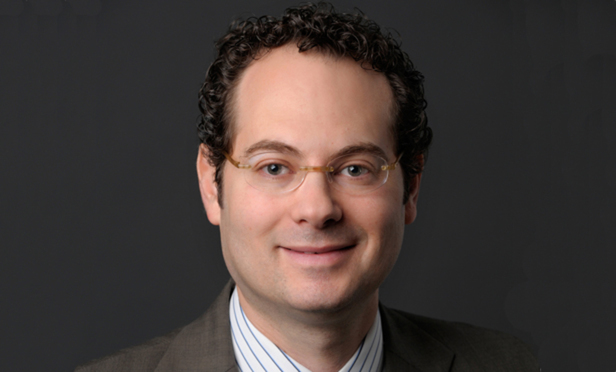The U.S. Court of Appeals for the Fourth Circuit ruled that a national concert promoter and venue operator did not engage in unlawful tying because the evidence showed it did not coerce artists to perform at the allegedly tied venue. A district court allowed exclusive dealing claims against the leading provider of in-store promotion services to proceed to trial since there was sufficient evidence that exclusive arrangements could have substantially foreclosed rivals from the market.
Other antitrust developments of note included another district court’s determination that zinc purchasers did not sufficiently plead a conspiracy to reduce the supply of zinc and artificially increase its price. The column concludes with a short note on some of U.S. Supreme Court Justice Antonin Scalia’s antitrust opinions.
Tying
This content has been archived. It is available through our partners, LexisNexis® and Bloomberg Law.
To view this content, please continue to their sites.
Not a Lexis Subscriber?
Subscribe Now
Not a Bloomberg Law Subscriber?
Subscribe Now
LexisNexis® and Bloomberg Law are third party online distributors of the broad collection of current and archived versions of ALM's legal news publications. LexisNexis® and Bloomberg Law customers are able to access and use ALM's content, including content from the National Law Journal, The American Lawyer, Legaltech News, The New York Law Journal, and Corporate Counsel, as well as other sources of legal information.
For questions call 1-877-256-2472 or contact us at [email protected]



